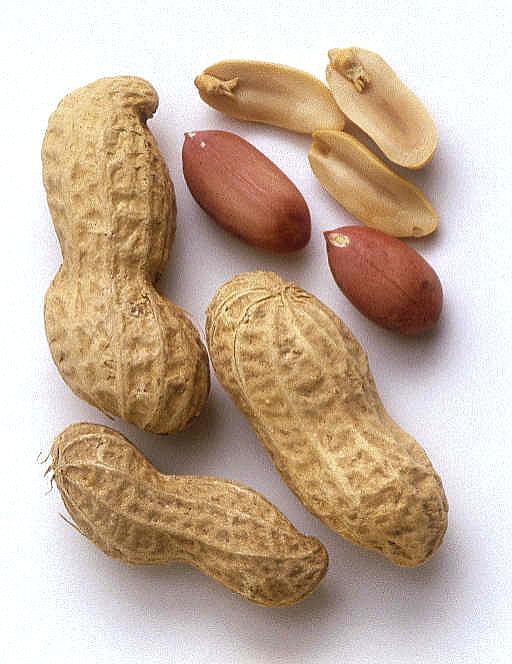Environment: peanut shells can provide 20% of the consumption of charcoal for energy in Senegal
The value of peanut shells can generate 175,000 tons of bio-coal per year, or 20% of annual consumption of charcoal in Senegal, says a Senegalese-German project.
''The acreage of harvested peanuts in Senegal can be calculated at an average potential of 175,000 tons of shells per year,''said the Programme for the promotion of renewable energy, rural electrification and sustainable supply of domestic fuels (PERACOD).
Used as fuel in industrial boilers in Senegal, peanut shells are also used for the industrial production of bio-coal in some companies, the study says, citing the company CARBOSEN.
They also serve as compost and litter in poultry and fish smoking, the study entitled ''The renewable energy bases, technology and the potential in Senegal.''
Energy recovery''of Typha australis would produce an average potential of about 900,000 tons of fresh biomass and approximately 65,000 tons of bio-coal'', Announces the study. She explained that the Typha australis Reed is a local with a phenomenal ability to proliferate, with a stem that can reach a length of over three and a half meters.
The exploitable potential of the existing grass in Senegal is 13% of annual consumption of charcoal in Senegal, says the study.
This reed has an area greater than 6500 hectares and its use is almost exclusively artisanal, the authors of this paper. The cattail is traditionally used by women to make mats and baskets. It is also used in the construction of fences and shelters.
Its expansion in the Senegal River Valley is growing at a very high speed along the main hydraulic and salinity, as a result of the dam Diama and Manantali, the study reports.
Its presence also in the massive river delta and Lake Guiers is a very serious ecological threat of socio-environmental impacts, according to the document.
